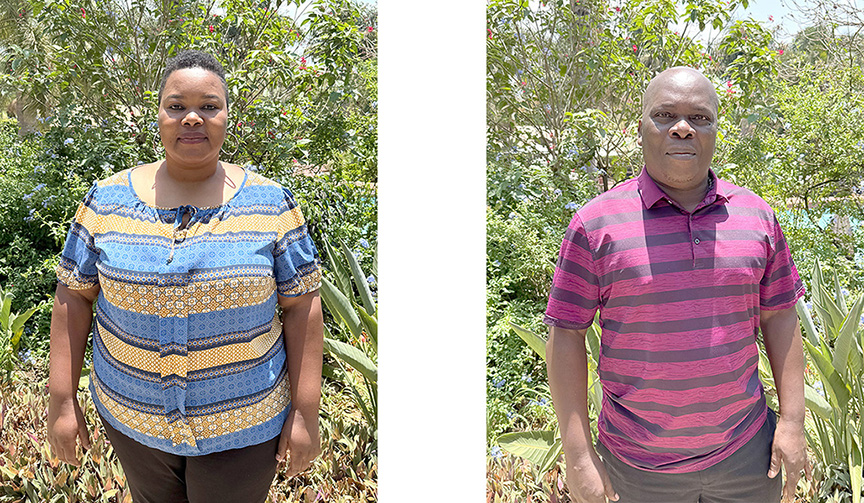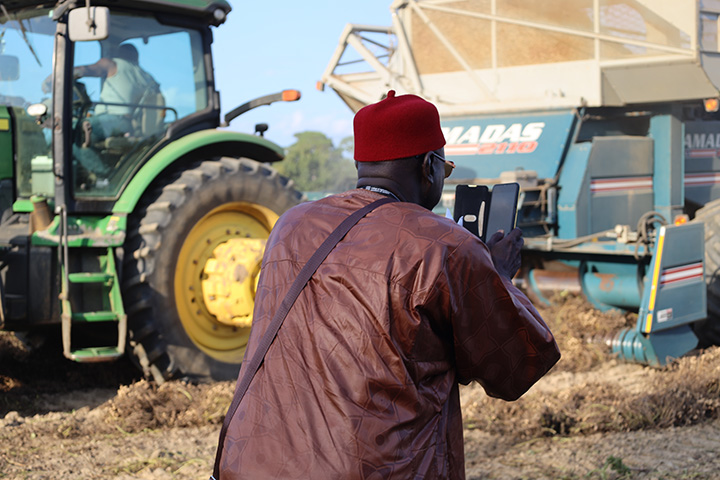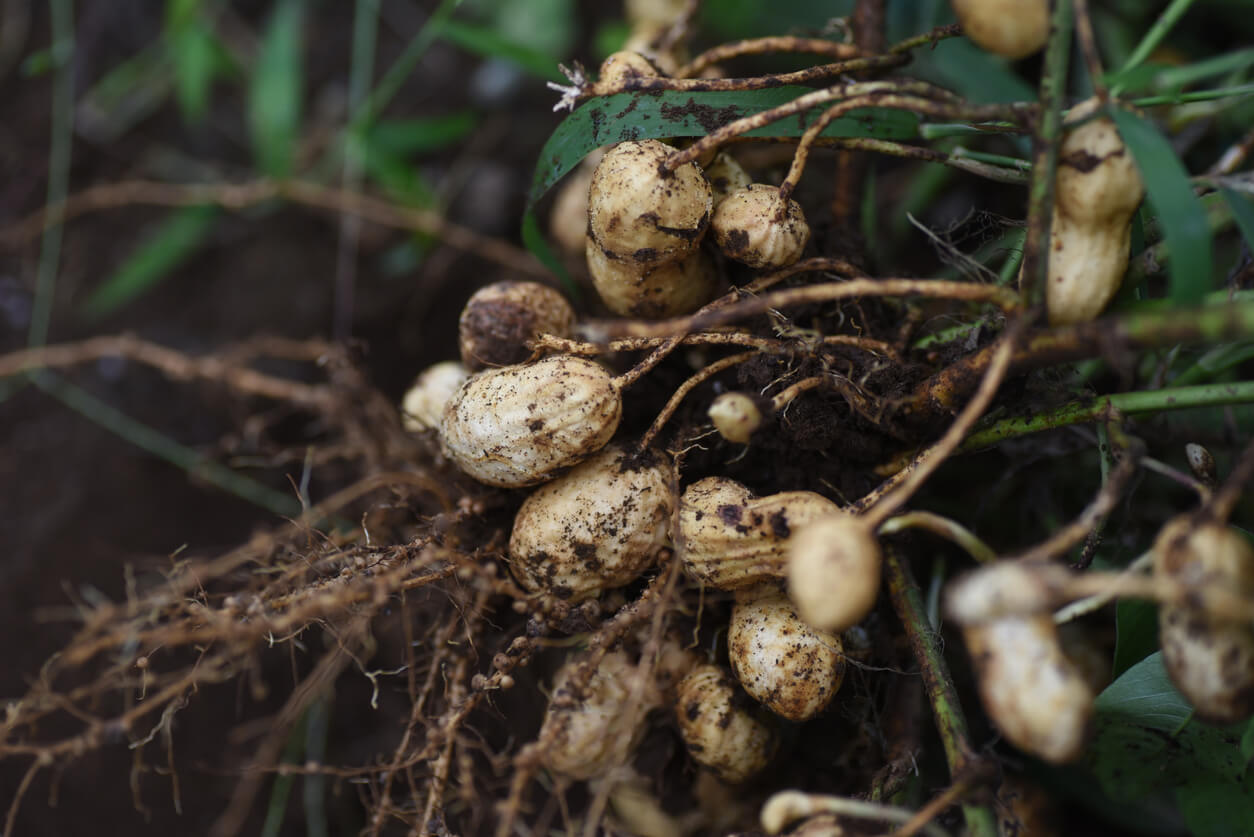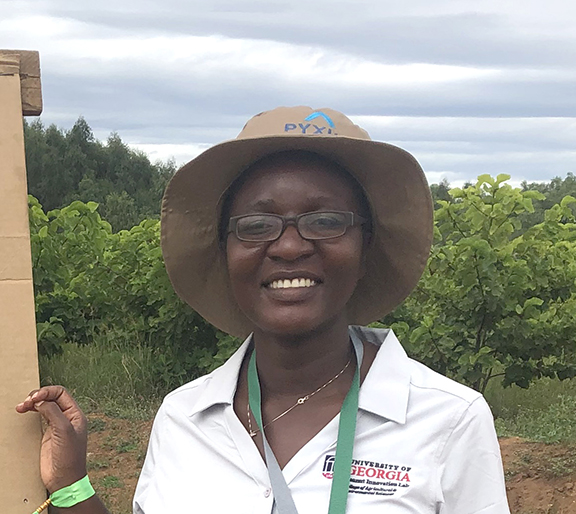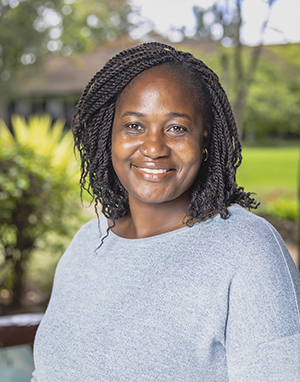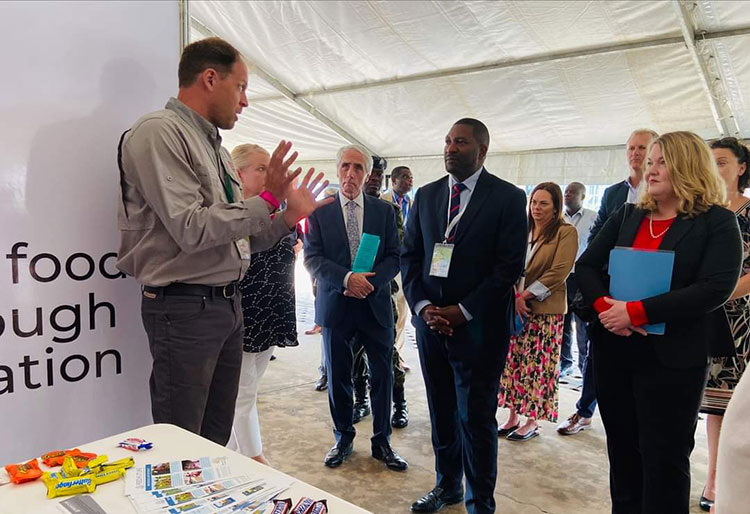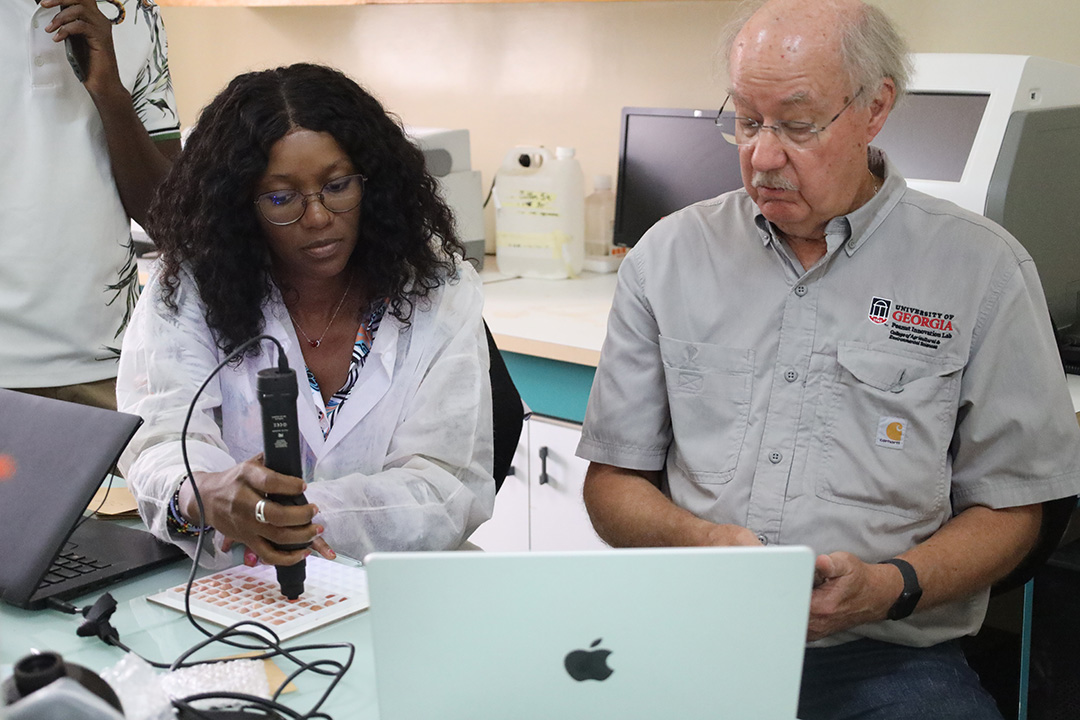 CAES News
CAES News
High oleic testing
Wouldn’t it be nice if you could look inside a peanut kernel and see the nutritional content hiding there? It’s possible. A device calibrated and deployed by the Peanut Innovation Lab is allowing partners to test peanut seed where they are – avoiding time-consuming and expensive off-site lab tests – to see which plants have the desired oil content. The technology is saving money and speeding up the process to develop new high-oleic lines where people need them the most.




